![]()
![]()
![]()
Use LEFT and RIGHT arrow keys to navigate between flashcards;
Use UP and DOWN arrow keys to flip the card;
H to show hint;
A reads text to speech;
28 Cards in this Set
- Front
- Back
|
Stimulus control
|
A group of stimuli in which the frequency, latency, duration, or amplitude of a behavior is altered by the presence or absence of an antecedent stimulus.
|
|
|
Unconditioned motivating operations
|
A motivating operation whose value-altering effect does not depend on a learning history.
|
|
|
Condition motivating operations
|
A motivating operation whose value-altering effect depends on a learning history.
|
|
|
Discriminative stimulus
|
An antecedent stimulus which evokes or abates a specific behavior, due to a past history of differential availability of reinforcement or punishment for that behavior, dependent on their presence versus their absence.
|
|
|
Motivating operation
|
An environmental variable that alters the reinforcing or punishing effectiveness of some stimulus, object, or event; and alters the current frequency of all behavior that has been reinforced or punished by that stimulus, object or event.
|
|
|
Operant conditioning
|
The basic process by which operant learning occurs.
|
|
|
Evoke
|
Behavior is likely to occur now, under the current conditions.
|
|
|
Abate
|
Behavior is NOT likely to occur under the current conditions.
|
|
|
Differential reinforcement
|
Reinforcing only those responses within a response class that meet a specific criterion along some dimension(s) and placing all other responses in the class on extinction.
|
|
|
Differentiation
|
When differential reinforcement consists of reinforcing some responses and not reinforcing other responses.
|
|
|
Discrimination
|
When differential reinforcement consists of reinforcing a response when certain stimuli are present and not reinforcing the same response when those stimuli are not present.
|
|
|
Discriminative control
|
The tendency of behavior to occur more frequently in the presence of a particular stimulus because the behavior has been reinforced only or mostly in the presence of that stimulus.
|
|
|
Discriminated operant
|
An operant class that is established through the process of differential reinforcement with respect to the presence or absence of antecedent stimuli.
|
|
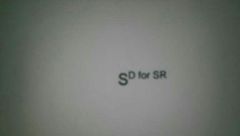
SD for SR
|
Discriminative stimulus for reinforcement;evokes behavior because in the past that behavior has been reinforced in its presence.
|
|
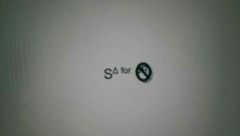
|
Discriminative stimulus for extinction; abated behavior because in the past that behavior has NOT been reinforced in its presence.
|
|
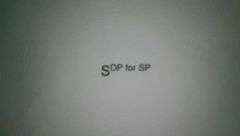
|
Discriminative stimulus for punishment; abates behavior because in the past that behavior has been punished in its presence.
|
|
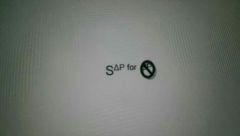
|
Discriminative stimulus for withholding punishment; evokes behavior because in the past that behavior has NOT been punished in its presence.
|
|
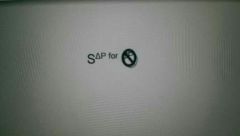
|
Discriminative stimulus for withholding punishment; evokes behavior because in the past that behavior has NOT been punished in its presence.
|
|
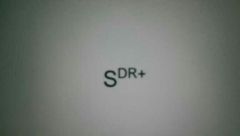
|
Discriminative stimulus for positive reinforcement.
|
|
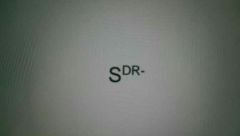
|
Discriminative stimulus for negative reinforcement.
|
|
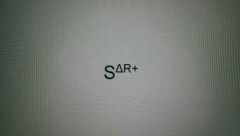
|
Discriminative stimulus for extinction of behavior maintained by positive reinforcement.
|
|
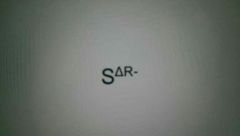
|
Discriminative stimulus for extinction of behavior maintained by negative reinforcement.
|
|
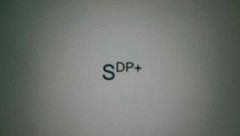
|
Discriminative stimulus for positive punishment.
|
|
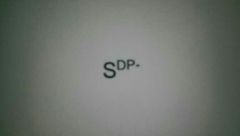
|
Discriminative stimulus for negative punishment.
|
|
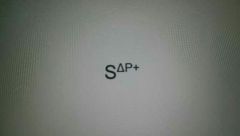
|
Discriminative stimulus for unavailability of positive punishment.
|
|
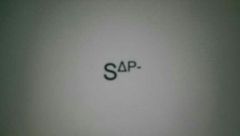
|
Discriminative stimulus for unavailability of negative punishment.
|
|
|
Conditional discrimination
|
A discrimination in which reinforcing a response is contingent (conditional) on another stimulus.
|
|
|
Stimulus generalization
|
The tendency of a learned response to occur in the presence of stimuli which were not present during training but which either have some similar physical properties to the SD or have been associated with the SD.
|

